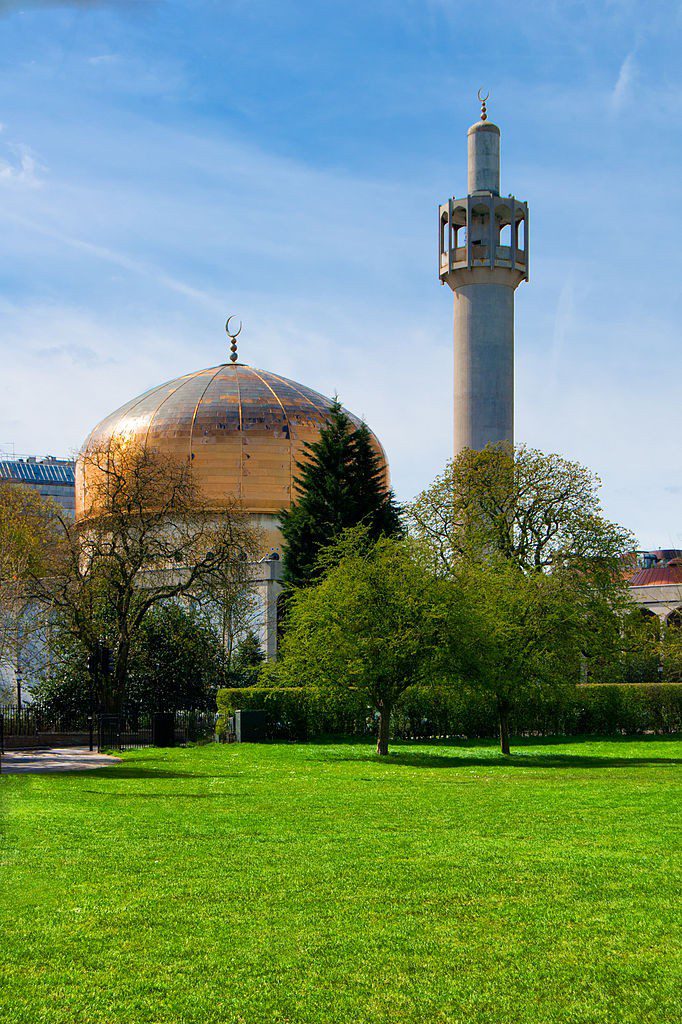
Pressing forward with the manuscript of my introduction to Islam for Latter-day Saints:
Similarly, the Qur’an apparently recognizes the futility of trying to limit the words of God merely to what can be contained in one book. At a certain point, Muhammad is commanded to say: “If the sea were ink for the Words of my Lord, the sea would be spent before the Words of my Lord are spent, though We brought replenishment the like of it.” At another place, we read that “if all the trees in the earth were pens, and the sea, with seven more seas to replenish it, were ink, the writing of God’s words could never be finished.”[1]
Similar statements from the standard works of the Latter-day Saints provide a powerful argument for continuing revelation:
My works are without end, and also my words, for they never cease … [T]here is no end to my works, neither to my words.[2]
And there are also many other things which Jesus did, the which, if they should be written every one, I suppose that even the world itself could not contain the books that should be written.[3]
Some parallels are intriguing from a particularly Latter-day Saint viewpoint. The Qur’an seems, for example, to hint at the continuation of family relationships after death. “Enter Paradise,” it says, “you and your wives, walking with joy!”[4] And of “those who believe and whose posterity follows them in faith,” the God of the Qur’an says, “we shall join their posterity to them” in paradise.[5] (Remember, these phrases represent only a few scattered passages. Muslims do not, historically, seem to have taken them seriously. Certainly no reader should get the impression that Islam teaches anything like celestial or eternal marriage. But the passages may suggest the vestiges, at least, of true revelation, if only dimly remembered.) Perhaps even more intriguing, and certainly better repSome resemblances between Islam and Mormonism (Part Five)resented throughout the Qur’an and throughout classical Islamic tradition, is the concept of different degrees of blessedness among the saved in paradise. Specifically the Qur’an speaks of three groups of people after death and the judgment—those of the left hand (the wicked), those of the right hand (the righteous), and, most exalted, those “brought near” unto God.[6] (The latter group must be people of quite extraordinary righteousness to be so distinguished.)
[1] 18:109 (Arberry); 31:27.
[2] Moses 1:4, 38.
[3] John 21:25.
[4] 43:70.
[5] 52:21 (my translation); compare 13:23; 40:8.
[6] 56:7-12.
Posted from Salt Lake City, Utah











